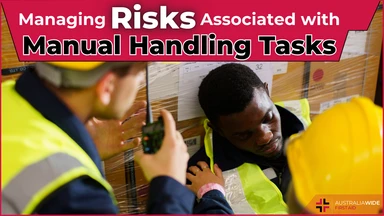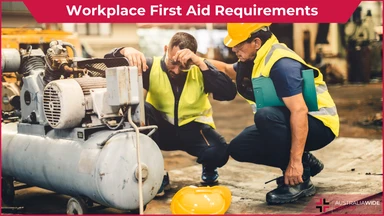6 Tips for Electrical Safety


Electricians are exposed to danger on a daily basis. The safety hazards are numerous and challenging, involving high voltages, difficult access, and complex equipment.
In the construction industry, workers with limited electrical training are most at risk. This includes those with restricted electrical licences, such as plumbers (8.6%), air conditioning and refrigeration mechanics (5.6%), as well as other miscellaneous technicians, tradies (7.3%) and labourers (18.9%; SIRA, 2018).
Responsible electricians uphold electrical safety practices. They know the electrical safety standards and respect the dangers. Skills and training acquired on the job, enable them to proceed safely.
The following safety tips will provide a good reference to best practices for Australian renovators, tradies, and electricians.
Electrical safety matters are regulated separately by each Australian state and territory. Each of these jurisdictions has its own electrical safety laws and regulations.
Familiarise yourself with the electrical standards and regulations that apply in your home state.
Electricians typically undergo first aid training in performing CPR and low-voltage rescue procedures.
The profession involves risks that call for knowledge beyond general first aid techniques. Being exposed to 50 volts of electricity or more, is enough to cause cardiac arrest.
Keep your first aid training credentials up to date by taking regular refresher courses.
Work with partners wherever possible when completing dangerous electrical projects. This not only helps share the workload, it also ensures at least one other person will be on hand to administer first aid or seek help if one of you gets in harm’s way.
Electricians should have the following PPE (Personal Protective Equipment):
These items are self-explanatory. Excessive sweating is also addressed by protective clothing. It would be dangerous for sweat to come into contact with live electrical current.
Water is conductive. Do not touch an electrical circuit when your hands are wet, when you’re perspiring, or when you’re standing on a wet floor.
Every electrician knows the chances of an accident increase when electrical equipment is exposed to even a little bit of water.
Keep in mind the following:
By observing these basic safety measures, you can successfully reduce the risks of workplace mishaps involving electrical currents. This will not only keep you and those around you safer, it will also increase the value of your services.

October 1, 2024
Almost every job involves using the body to carry out some type of manual task. Some tasks may be hazardous, causing injuries such as musculoskeletal disorders (MSDs). Knowing how to manage them is a legal responsibility of all workplaces.

January 10, 2024
In Australia, workplace safety is a top priority, and First Aid plays a crucial role in ensuring the well-being of employees. Workplaces are expected to adhere to specific regulations and guidelines outlined by Safe Work Australia. How does your workplace stack up?

November 24, 2023
No matter how experienced you are as an outdoor activity leader, there are some things you should always do to keep your group safe. Nature can be unpredictable, and so it’s best to be prepared.